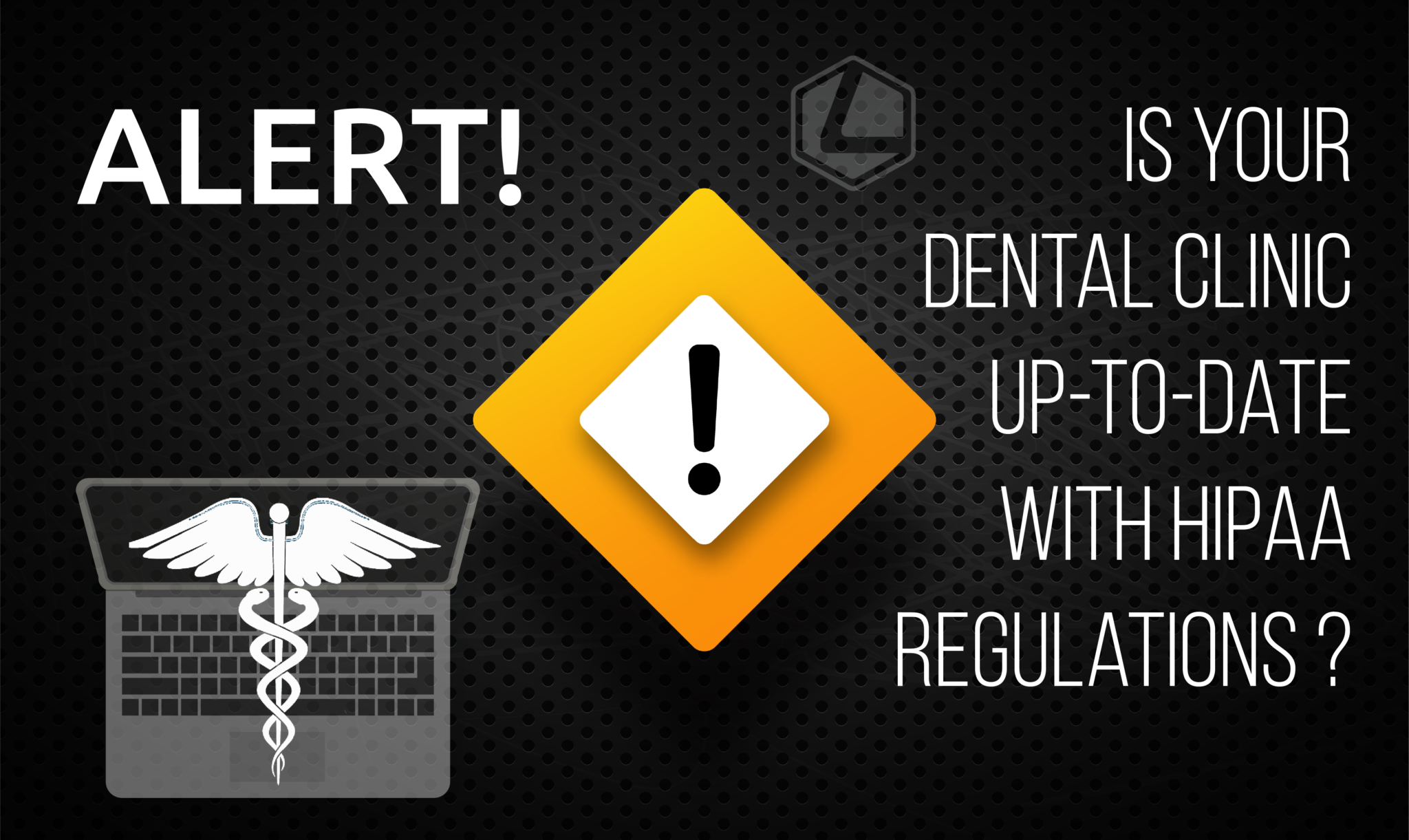Over the past few years, a lot of dental clinics are following the norms and regulations laid out by medical organizations. HIPAA or the Health Insurance Portability and Accountability Act became federal law in 1996. There is a lot of importance provided to HIPAA rules in recent times. But what is the reason behind it? Let’s find out.
When it comes to Protected Health Information (PHI), all practices have to follow the same standards as everyone else in the medical industry. They must adhere to a similar level of security and privacy when it is about the details of the patients. However, the rules laid out by HIPAA are related to security, patient privacy, and breach notification. In case a dental clinic is under the HIPAA, it must follow all the rules.
What are the steps to be covered?
The act is in place to protect the privacy of patients and to provide better protection to their information. If you are looking to get your practice covered under HIPAA, you need to follow a certain procedure to comply with every regulation. Here are the steps:
- Appoint a HIPAA Privacy Official
- Assign a HIPAA Security Official
- Build a HIPAA compliance team
- Carry out risk analysis
- Train all the employees
- Execute procedures and policies
- Maintain ongoing compliance measures
If you want your dental practice to comply with HIPAA regulations, you would need proper and effective policies and procedures in place. You must make sure that all the dental practices are properly reviews on a frequent basis. Moreover, all the privacy and security policies must be analyzed in detail. In case you find something that doesn’t comply with the HIPAA regulations, make the necessary alterations.
The privacy regulations by HIPAA provide the patients with their rights over the health information that concerns them. This also includes dental and billing records. As per the ADA or American Dental Association, all the patients have the privacy rights to:
- Ask the service provider not to disclose any information concerning them.
- Ask for alterations in the records.
- Ask the provider to interact with them confidently. It is the duty of the healthcare provider to accommodate all the reasonable requests made by the patients.
Additional requirements
Aside from what is mentioned above, HIPAA compliance also requires dental clinics to carry out security risk assessments. The dental practice must develop safeguards accordingly to protect all the information of the patient. This basically safeguards the integrity, confidentiality, and availability of the information of the patient that is stored electronically. It is crucial to protect the information of the patients from security breaches and hackers.
The information of the patient might not only be at risk from the hackers. There can be mistakes made by the staff as well. Therefore, it is crucial that the employees are trained thoroughly and that they are fully aware of the HIPAA compliance regulations.
Don’t for dental practices
First of all, you need to make sure that your dental office is not committing any of these things. If you see any such thing happening, make sure you put a stop to it immediately.
- Broadcasting personal details
- Not keeping any backups of the files
- No encryption of data
- Sending emails to other specialists without any encryption
- Keeping the Wi-Fi network open
- Not using credentials for computers
- Leaving information on voicemails
What are the things that you should be doing?
Now that you have checked out the must avoid things, here are a few that you must adopt to make sure that your dental practice complies with the HIPAA regulations:
- Proper risk assessment of the current system
- Train the employees
- Download the HIPAA compliant antivirus
- Install SSL for online transactions
These few steps will make sure that your dental practice is on the right track.
Complying with HIPAA is crucial
If you want your dental practice to function properly and flourish, it is crucial that all your practices comply with the HIPAA rules and regulations. Even though it can be a tedious task, you must make sure that there are no loopholes in the policies and procedures that are following.
In case you don’t comply with the HIPAA rules, there are high chances that you will get audited, and you will have to pay penalties.
More info:
https://www.hhs.gov/hipaa/for-professionals/index.html



